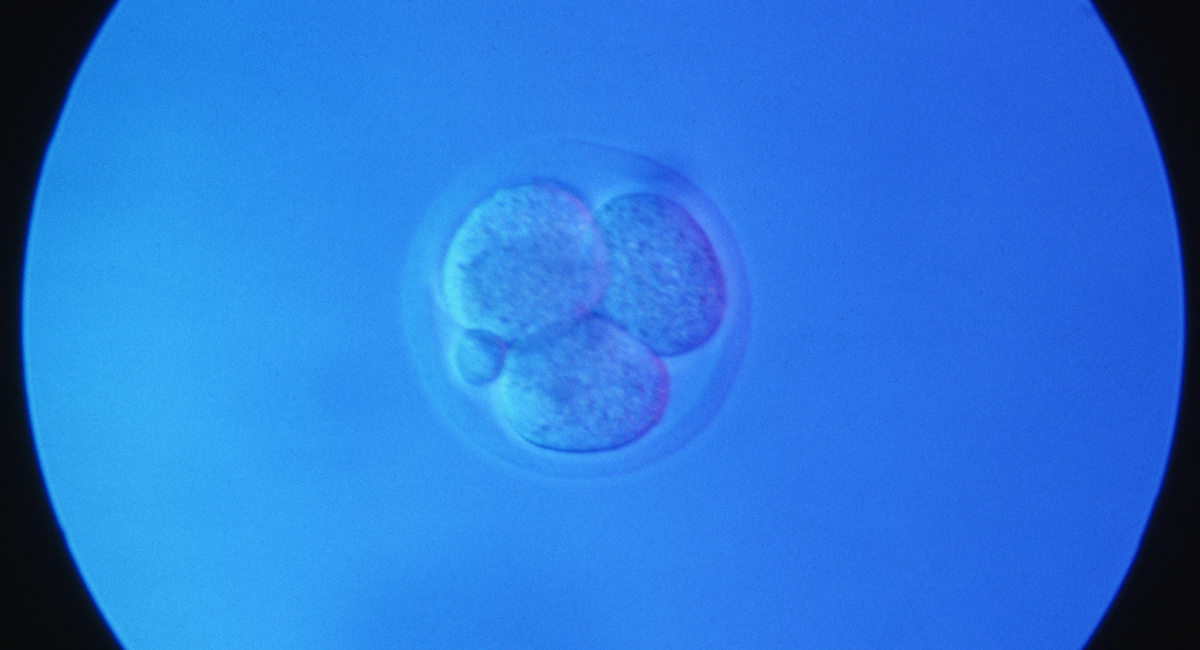According to an MIT Technology Review commentary on a research article published in the journal Nature, researchers at Weizmann Institute of Science in Israel successfully grew 1,000 mouse embryos in an artificial womb up to 12 days gestation, or roughly halfway through a typical mouse pregnancy (the halfway point of a human pregnancy is 20 weeks). While the mouse embryos had to start out within a living uterus before transplantation to the artificial womb, researchers hope that in the future they will be able to grow an embryo separately from its mother.
But the mouse experiments are just an early step towards a more problematic goal. The team lead for the experiment, Dr. Jacob Hanna, commented, “This sets the stage for other species. I hope that it will allow scientists to grow human embryos until week five.”
On the one hand, Hanna wants to use tissue derived from fully lab-created human embryos for research into early fetal development, rather than taking tissue from aborted babies. Yet his utilitarian proposal would create human life solely for the purpose of studying it until a certain gestational age and then destroying it, which is no better than abortion — the intentional destruction of preborn human life.
“I do understand the difficulties. I understand,” he said. “You are entering the domain of abortions.”
READ: Researchers create organisms nearly identical to humans… for experimentation
Still, Hanna defended his plan, noting that five-day-old “leftover” embryos from in vitro fertilization are currently studied and then discarded under the so-called “14-day rule” which limits embryonic experimentation to the first 14 days after gestation. “So I would advocate growing it until day 40 and then disposing of it. Instead of getting tissue from abortions, let’s take a blastocyst and grow it.” Of note, the International Society for Stem Cell Research (ISSCR), a major player in stem cell research circles, wants the 14-day rule rescinded.
In response to the Nature article, EWTN Pro-Life Weekly (story starts at 14-minute mark) interviewed Dr. David Prentice, vice president and research director of the Charlotte Lozier Institute, about the many ethical concerns that accompany the push to grow human embryos in an artificial womb purely for experimental purposes.
Prentice said, “I think the greatest concern is that it [the research] doesn’t stop with mice… This researcher in Israel already would like (to be) doing the same type of experiments with human embryos — essentially, growing human embryos to the point where the heart is fully beating, the brain is starting to develop, and other items that obviously are important to make us human.” He concluded, “We really think there should be a zero-day limit in terms of growing human embryos.”
Dr. Joseph Meaney, president of the National Catholic Bioethics Center, echoed Dr. Prentice’s concerns, noting that such experimentation violates the right to life of humans at the earliest stages of development. He stated, “The only experiments that could be morally licit on embroys or human fetuses are ones that are directly therapeutic, that would actually be there to help them resolve issues, but nothing that would put their lives in danger could be acceptable.”
Live Action News recently reported on other ethically questionable experiments intended to further research early development, potentially exploring the reasons for gene mutation or why miscarriages happen. That research yielded the creation of what researchers called “blastoids,” synthetic organisms derived from stem cells, including some embryonic stem cells, that “closely resemble human embryos at the blastocyst (pre-implantation) stage.” Supporters of the research advocated for the end of the 14-day rule mentioned above, while critics insisted that the 14-day rule must remain and furthermore argued for a “zero-day limit that will preserve respect for every human life and refrain from exploitation of or injury to human subjects.”
“Like” Live Action News on Facebook for more pro-life news and commentary!







